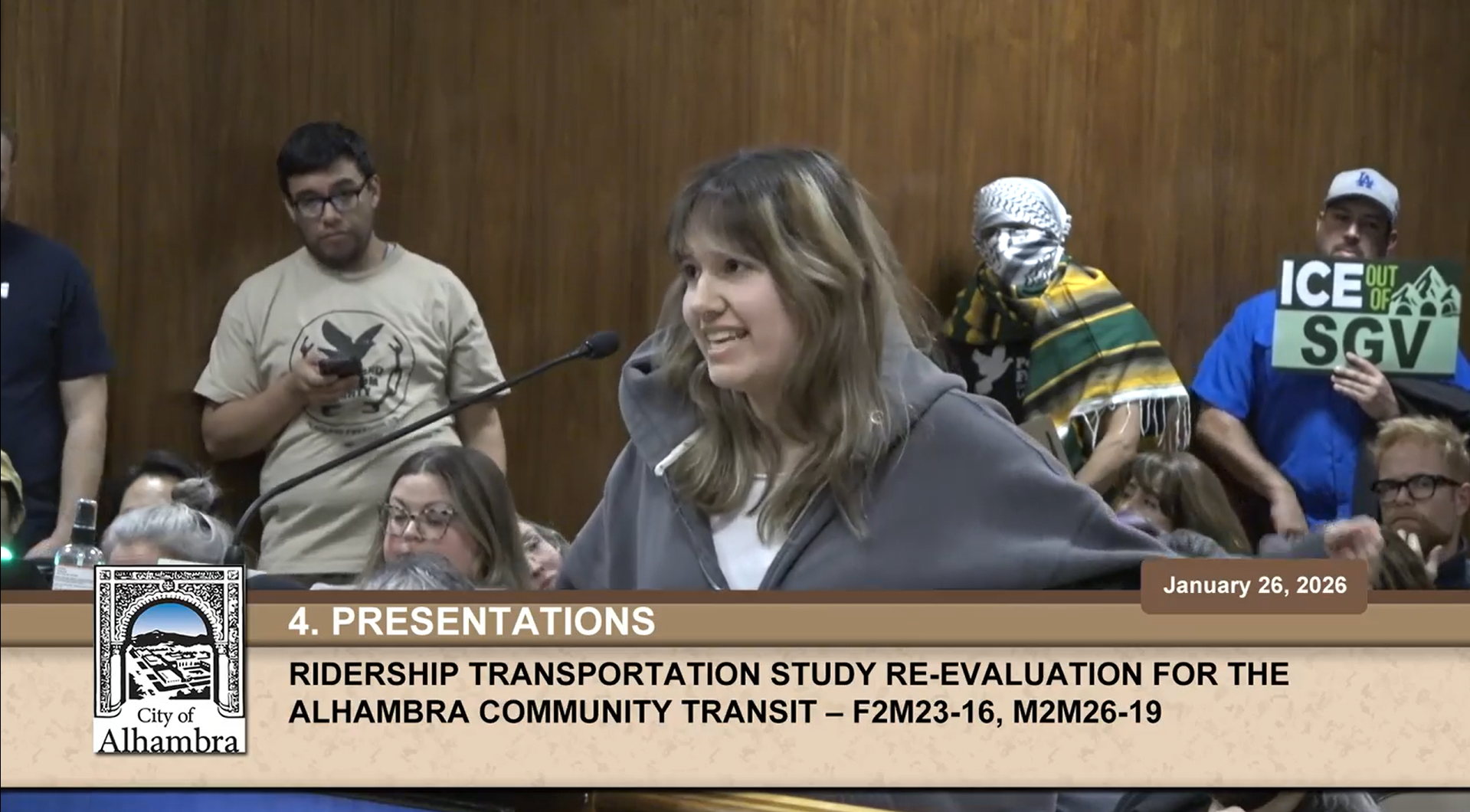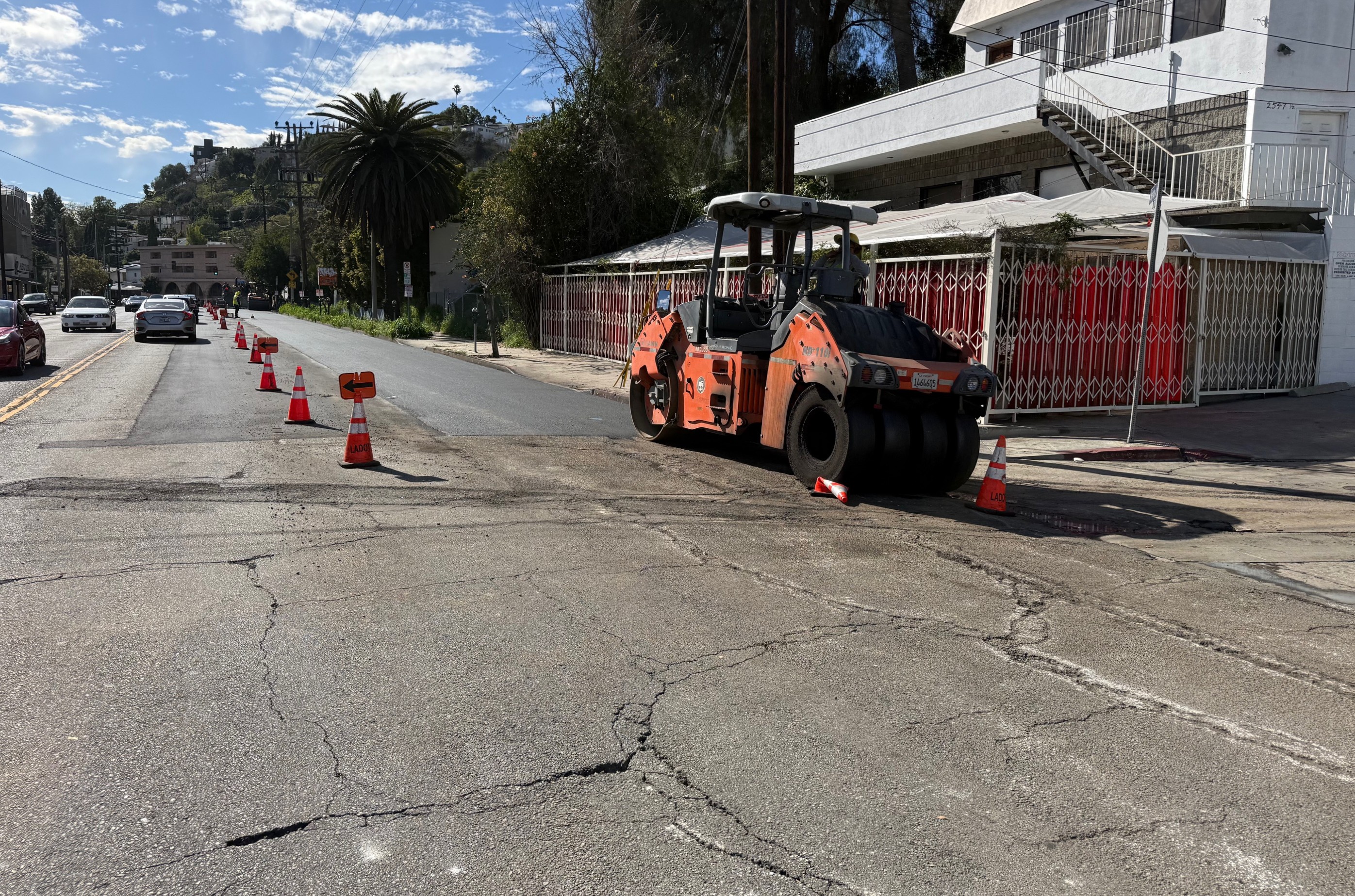A bill to provide Americans with more transportation choices than just driving is one step closer to becoming law. Reps. Doris Matsui (D-CA) and Steve LaTourette (R-OH) just introduced the Safe and Complete Streets Act of 2011 [PDF]. The bill doesn’t have a number yet.
The bill mandates the consideration of the “safety and convenience” of all users in “all phases of project planning and development. State DOTs and metropolitan planning organizations would have to take “pedestrians, bicyclists, public transit users, children, older individuals, individuals with disabilities, motorists, and freight vehicles" into account when developing transportation projects.
Rep. Matsui said in a statement:
Especially at a time when gas prices are putting enormous pressure on the pocketbooks of American consumers, more and more people are looking for alternatives to driving. However, far too often, our roads are designed with one thing in mind – trying to move vehicle traffic as quickly as possible. The risks of such design are apparent in the number of pedestrian and bicyclist deaths and injuries we see every year, and often discourage more people from considering other transportation methods. By completing our streets, we can open up our roadways to pedestrians and cyclists – helping to ease congestion and providing an alternative to gas powered vehicles. In doing so, we take strides to fight air pollution and global warming and improve our public health and safety.
LaTourette’s support for complete streets came as a result of advocates flooding his office with complaints after he ridiculed bicycling as a mode of transportation and a jobs engine in a committee hearing last year. Perhaps if he’d never made those disparaging remarks he would never have discovered the groundswell of support for active transportation and wouldn’t be the complete streets champion he is today.
The bill would require that states and metropolitan planning organizations craft and adhere to a complete streets policy, with guidance from the USDOT, that would apply to all federally funded projects. States or MPOs would need senior-level approval and documentation to get an exemption. It doesn’t apply to existing roads or new projects whose planning is already well underway.
The bill also calls on the Architectural and Transportation Barriers Compliance Board to publish new accessibility standards for pedestrian facilities.
A similar bill was introduced in 2009 with stronger penalties, modeled on seat belt provisions, for non-compliance. Advocates got some pushback on that and let them go this time around.
The Safe and Complete Streets Act is a “marker” bill, meaning it’s not expected to pass as a standalone bill. “It gives us an opportunity to talk about what we want to see in the final authorization bill,” said Barbara McCann of the National Complete Streets Coalition.
The bill’s introduction comes just a week after the Coalition released its report on complete streets policies from around the country. “It shows how broad and deep the complete streets movement has become,” said McCann. “These communities need federal investments, also, to take into account the needs of all users. This isn’t something coming down from the top, it’s coming up from the bottom.”
Reps. Matsui and LaTourette are circulating a "Dear Colleague" letter [PDF], urging other members of Congress to sign on to the bill. “As Congress moves to update the nation’s transportation priorities,” they wrote, “it is essential that we make policy changes to ensure our transportation investments create streets and roads that are safe for everyone who uses them whether they are driving, walking, riding a bicycle, or getting on a bus.” Advocates can send the letter to their representatives and ask them to co-sponsor the bill.








